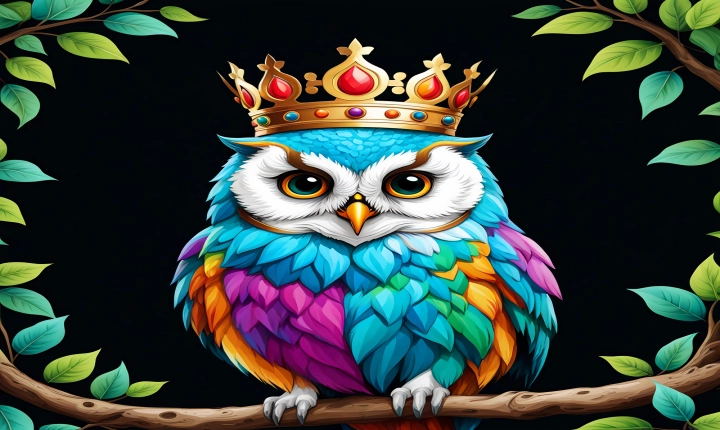Can ChatGPT Recognize Its Own Work?
As artificial intelligence continues to advance, one question that arises is whether AI models can recognize their own work. Specifically, in the case of ChatGPT, an AI language model developed by OpenAI, can it recognize the content it generates as its own output?
ChatGPT is known for its ability to have meaningful and coherent conversations with users, generating responses that are often indistinguishable from human-generated text. However, the question of whether it can recognize its own output as generated by itself is less straightforward.
At its core, ChatGPT operates based on patterns and dependencies it has learned from a vast amount of human-created text data. It has been trained to predict the next word in a sentence based on the words that came before it, and it does so by drawing on its extensive knowledge of language and grammar. But does it have a sense of self-awareness in the traditional human sense?
The answer, in short, is no. ChatGPT does not have the ability to recognize its own work as being generated by itself. Instead, it simply responds to input based on its training data and the patterns it has learned. It lacks the self-awareness and consciousness that humans possess, which allows them to recognize their own actions and outputs as their own.
However, there is ongoing research and development in the field of AI that aims to imbue models like ChatGPT with a greater understanding of their own capabilities. This could include giving them the ability to evaluate their own output and assess the quality of their responses in a more sophisticated manner. Some researchers are exploring methods for AI models to be more self-reflective and self-regulating, potentially enabling them to recognize their own work to a greater degree.
One potential application of this capability could be in the realm of quality control for AI-generated content. If ChatGPT and similar models were able to recognize their own work, they could potentially assess the coherence, relevance, and factual accuracy of their outputs, leading to more reliable and trustworthy AI-generated content.
There are also ethical considerations to take into account. As AI technology continues to advance, the question of accountability and responsibility for AI-generated content becomes increasingly important. If AI models could recognize their own work, it could open up new avenues for ensuring accountability and transparency in the use of AI technology.
In conclusion, while ChatGPT and similar AI language models are highly advanced in their ability to generate human-like text, they do not currently possess the capability to recognize their own work in the traditional sense. However, ongoing research and development in the field of AI may lead to advancements that enable AI models to be more self-aware and self-reflective in the future, potentially leading to a new era of accountability and reliability in AI-generated content.
